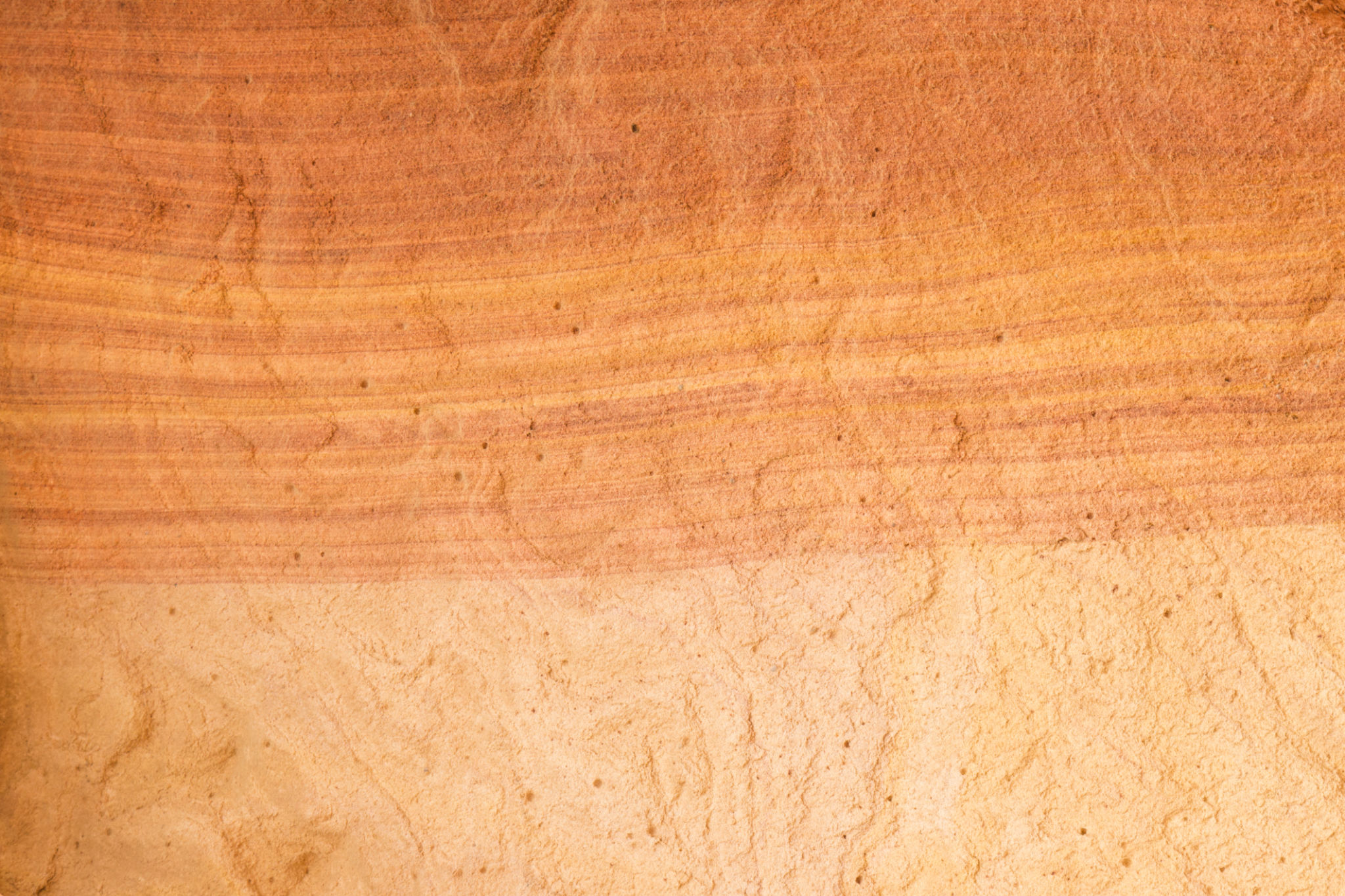Comparing Egyptian Rock Phosphate to Other Global Sources: A Buyer's Guide
Introduction to Rock Phosphate
Rock phosphate is a critical mineral resource used predominantly in the production of fertilizers. As global agriculture demands continue to rise, the importance of sourcing high-quality rock phosphate becomes increasingly significant. Buyers are often faced with the challenge of choosing between various global sources, each offering distinct benefits and drawbacks.
Egyptian Rock Phosphate
Egypt is one of the leading producers of rock phosphate, known for its high-quality reserves. Egyptian rock phosphate is notable for its relatively high phosphorus content, making it an attractive option for buyers seeking efficiency in fertilizer production. The country's strategic location also allows for convenient shipping routes to various parts of the world, reducing transportation costs and enhancing its appeal.

Advantages of Egyptian Rock Phosphate
One of the primary advantages of Egyptian rock phosphate is its high purity levels, which reduce the need for extensive processing. This ensures that fertilizers manufactured from Egyptian phosphate are not only efficient but also environmentally friendly. Moreover, the consistent quality of Egyptian phosphate supports reliable long-term planning for agricultural endeavors.
Comparing Global Sources
While Egyptian rock phosphate has its merits, several other countries are key players in the global market, each offering unique properties. Buyers must weigh these differences to make informed decisions.
Moroccan Rock Phosphate
Morocco is another major supplier of rock phosphate. Moroccan reserves are vast, and the quality is generally high, similar to that of Egypt. However, Moroccan phosphate often comes with a higher price tag due to its premium reputation and increased demand.

United States Rock Phosphate
The United States produces significant quantities of rock phosphate, primarily from Florida and North Carolina. US rock phosphate is known for its reliable supply chain and regulatory standards, which ensure consistent quality and availability. However, it may not match the phosphorus concentration found in Egyptian or Moroccan sources.
Factors to Consider When Choosing a Supplier
When selecting a rock phosphate supplier, buyers should consider several factors:
- Quality: Assessing the phosphorus content and purity is crucial.
- Cost: Comparing the price per ton against the quality offered.
- Logistics: Evaluating shipping costs and delivery times based on location.
- Sustainability: Considering environmental impact and ethical sourcing practices.

Conclusion
The global market for rock phosphate offers a variety of choices for buyers looking to optimize their fertilizer production processes. Egyptian rock phosphate stands out due to its high quality and competitive logistical advantages. Yet, understanding the nuances of other global sources like Morocco and the United States can empower buyers to make well-rounded decisions that align with their specific needs and objectives.
